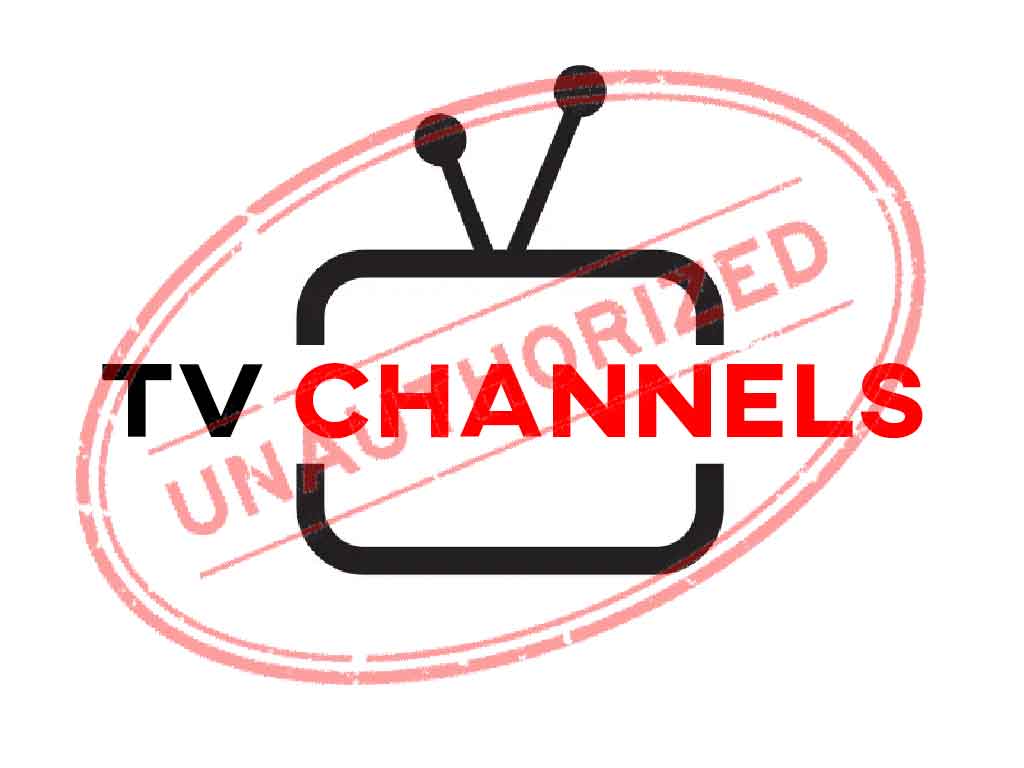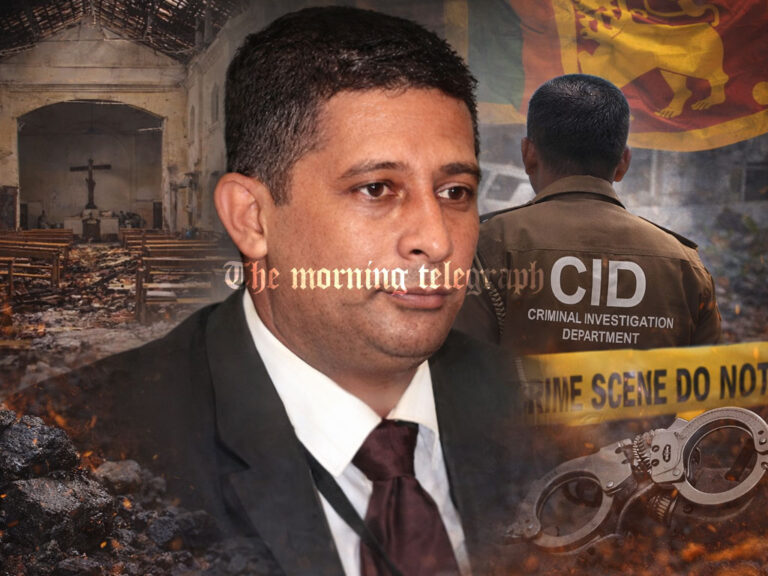
The Association of Electronic Broadcasters has raised concerns over the unauthorized operation of cable television channels in Sri Lanka’s northern, eastern, and hill country regions, as well as in urban areas like Wellawatte. These channels, which primarily air Indian television programs—especially South Indian content—are reportedly having a significant social impact.
The association claims that many of these illegal channels operate with the backing of local politicians. Despite informing successive governments about the issue since 2018, no effective action has been taken to address it.
Some individuals reportedly run these operations from their homes as a form of self-employment. They distribute cable TV programs to nearby households, typically within a 500-meter radius, using makeshift cable networks strung on telephone poles. Residents pay a monthly fee for these services.
In addition, prepaid cards for accessing Indian satellite TV channels are being sold in these regions. The revenue generated is allegedly funneled to India via the informal Undial money transfer system, raising further concerns about regulatory and financial oversight.
A survey conducted by the association in 2018 revealed startling results about the influence of these channels. When residents in affected areas were asked to name the Prime Minister, only two individuals were able to provide the correct answer, highlighting the disconnect between viewers of these programs and national affairs.
The Association of Electronic Broadcasters has recently urged the Telecommunications Regulatory Commission (TRC) to intervene and take decisive action against these unauthorized cable TV networks. They stress the need for stringent measures to curb this growing issue and protect the integrity of licensed broadcasters and public awareness.




